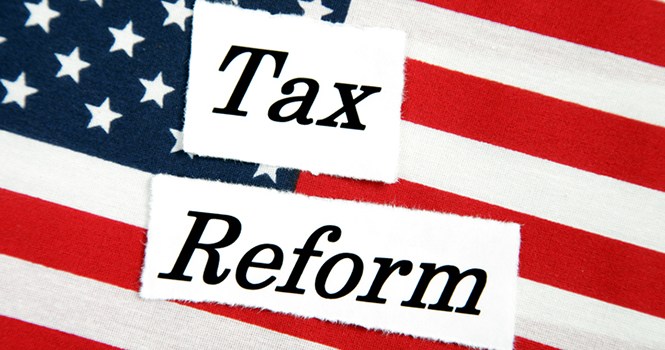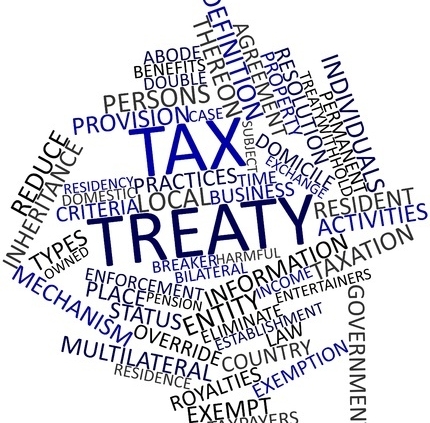–
US Tax and Reporting Obligations – How They Stand Today
Every year, Americans abroad pay thousands of dollars to file taxes in two or more countries which apply tax treaties that will often (but not always!) offset any balance of US taxes due. While accountants make money from obliging expats and IRS agents review returns that generally add little to the coffers that pay them, US citizens living outside of the states must contend with an overwhelming amount of compliance, as well as detailed and punitive foreign reporting. Sadly, we now know that any relevant relief for American emigrants has been overlooked by both of the tax reforms bills recently passed in Congress.
Residency-Based Taxation Recommendation – Simpler or More Complex?
Groups representing US citizens living and working abroad have reached out to both the House and the Senate and received resounding support with promises that work is underway. However, to the contrary, the recently passed House and Senate tax bills only offer US corporations a territorial tax policy exempting them from taxation on their foreign-sourced income. Relief for American individuals who live and work abroad does not appear forthcoming.
A recommendation put forth by the American Citizens Abroad (ACA) on behalf of American expatriates recommended a residency-based taxation (RBT) policy. This would contrast with the existing citizen-based taxation (CBT) rules which affects world-wide income for all US citizens, irrespective of residency. The suggested policy would exempt the foreign income for Americans who truly qualify as residents of a foreign country. The test for an American to be a “qualified individual” is set forth in section 911 of the Internal Revenue Code (IRC). It considers whether the person is a bona fide resident of a foreign country for at least one full uninterrupted tax year regardless of employment status. The bona fide residence (BFR) test as set out in the IRC is determined on a case-by-case basis. Factors to consider include, intention of the trip, nature and length of stay abroad, whether you are maintaining a home in the US, where your family is residing, among other factors.
A detailed side-by-side comparison of the proposed RBT versus the current law, first published in December of 2016, can be read at https://www.americansabroad.org/media/files/e547e516/Residency-Based_Taxation_ACA_Side-By-Side_Comparison_Vanilla_Approach_171101_v2_.pdf. It highlights the basic tax-neutrality for US tax revenues from foreign-sourced income, which is essential for Congressional consideration. The RBT policy does not recommend any changes to US source income or gains from sales of US real property, which would continue to be taxable for federal income tax purposes. It would also not apply to US armed services or diplomatic corps stationed abroad.
Special rules and definitions set out in existing bilateral tax treaties would still apply to those living in certain countries. In addition, lucky residents of nations deemed tax havens would still be eligible for the RBT. Individuals would have the ability to “opt out” of the RBT prior to relocating should the net tax result work against them. This might be an option for someone who would be frequently traveling back to the US and have no interest in “day counting”. Or perhaps a person who has an estate in the US that would be better served under the current CBT would consider the opt out.
Simplification of Tax Regime through Additional New Taxes
The ACA’s proposal goes further to suggest any real losses to tax revenue could be mitigated by imposing a departure tax on Americans newly relocating but whose plan is to be abroad short term. The minimum threshold for triggering the departure tax could be set relatively high so as not to be punitive. Those Americans making a permanent or long-term move would meet the criteria for the RBT program while those who are currently abroad and show they are “qualified” would have the new policy automatically apply. This suggestion would ultimately shift the tax burden to the ultra-rich who leave stateside to avoid US taxation rather than impede average Americans from pursuing opportunities.
When a Citizen Taxpayer is Not a Priority
As it stands, the bulk of the tax reform is aimed at simplifying an incredibly chaotic tax system and aiding American multinational corporations in hopes of stimulating domestic job creation. This clearly leaves most of the bills’ advantages for US citizens stateside. For those of us living and working abroad, it looks like our relief is still just a hope in the future.






